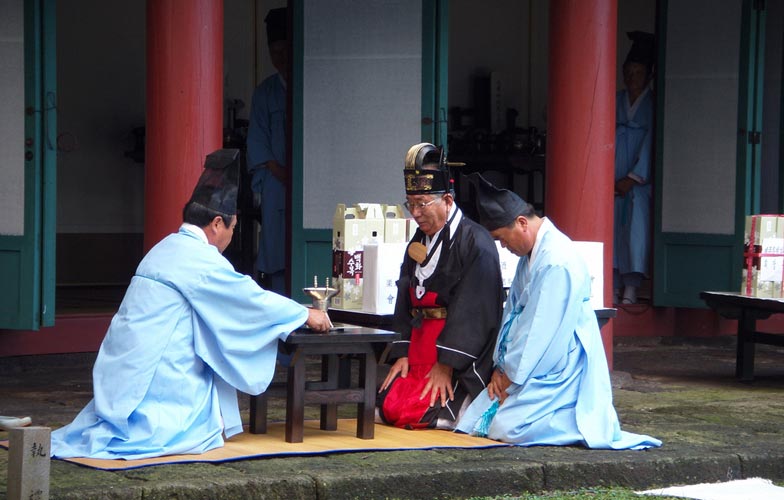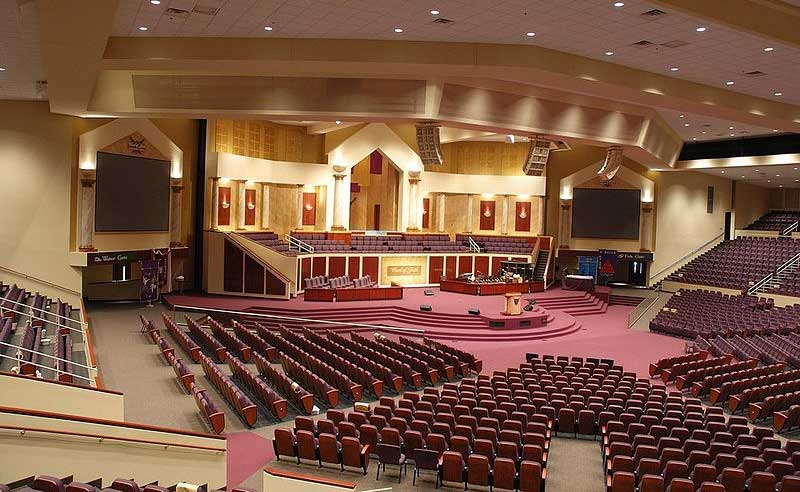What are important Confucianism beliefs
Before talking about Confucianism beliefs, we must know that Confucianism religion does not hold all the aspects of religion such as Christianity or Islam, nor do they hold regular practices and rituals. Instead, they symbolize important times in one’s life. These are birth, reaching maturity, marriage, and death.
Confucianism is not a religion, although some have tried to imbue it with rituals and religious qualities, but rather a philosophy and system of ethical conduct that since the fifth century B.C.

Main of beliefs in Confucianism:
- Yi – Righteousness, rightness, duty as guardians of nature and humanity.
- Xin – Honesty and Trustworthiness, faithfulness, and trustworthiness.
- Hsiao – love within the family, love of parents for their children, and love of children for their parents.
- Jen – benevolence, goodwill, helpfulness, empathy, and kind nature, generosity humanness towards one another (the most important Confucianism virtue).
- Chung – Loyalty to the state, etc.
- Li – includes ritual, propriety, right conduct, and propriety, demonstrating your inner attitude with your outward expressions etiquette, etc.
The Five Relationships in Confucianism beliefs
- Father and Son.
- Ruler and Citizen.
- Husband and Wife.
- Older Brother and Younger Brother.
- Friend and Friend.
Each relationship must contain mutual respect and recognition in order for the relationship to work
Each of us has a moral obligation to perform our role to the best of our ability
Ancestor Veneration – honoring and remembering the members of one’s family who have died. Ancestors are not seen as gods. Instead, remembering is seen as an important act of Hsin (faithfulness).
Important times in one’s life
Birth
The Tai-Shen (spirit of the fetus) protects the expectant mother and deals harshly with anyone/thing that harasses or harms the woman. She receives a special diet and is given one month to rest after the delivery of the baby. Her parents are responsible for everything that is needed to support the child, on the first, fourth, and twelfth month anniversary of the child’s birth.
Marriage
There are six separate things that happen during the marriage rituals, these include:
Proposal: Both sides of the relationship share the hour, day, month, and year of their birth. If any upsetting events happen within the bride-to-be’s family within the next three days, it is believed that she has rejected the proposal.
Engagement: After the couple decides the date of the wedding, the bride announces the wedding with invitations and gifts of cookies shaped like the moon.
Dowry: A dowry is a transfer of parental belongings when their daughter is getting married. Gifts equal in value after given to the bride and groom.
Procession: The groom proceeds to the bride’s home, and brings her back to his place, with much happiness and excitement.
Marriage: The couple recites their vows that will bond them together for a lifetime, toast each other with wine, and then take center stage at a banquet consisting of friends, and the families of both bride and groom.
Morning After: On the morning after the bride serves breakfast to the groom’s parents and then the parents do the same.
Death
After the death of a loved one, the family cries aloud to inform the neighbors of the tragic news. The family begins to mourn by making clothes made of course material, and wearing them.
The corpse is placed in a coffin, and many family and friends bring money to help with the cost of the funeral. Food and objects important to the deceased are placed into the coffin with him/her.
A priest or minister of any religion performs the burial ritual. The guests follow the coffin carrying a large willow tree branch. This is meant to symbolize the soul of the person who has died. Later on, the branch is carried back to the family altar where is used to “install” the spirit of the deceased.
Public worship (called a Liturgy) is performed on the seventh, ninth, and forty-ninth days after the burial, along with the first and third year anniversary of the death.
Other Confucianism beliefs
- Confucius took no credit for his wisdom. He said he got it from studying the ancients.
- Confucius gave advice that was precise and wise.
- Humans have a duty to act as guardians of heaven’s creation.
- Encouraged people to act with virtue, with empathy and justice.
- Self-improvement and learning from the ancestors are encouraged (way of heaven).
- Nature and acting within its laws is encouraged.
Who Is the God in Confucianism beliefs
There is no god in Confucianism beliefs, but rather a force called the Tao OR Tiān (天), also known as the Great Ultimate. Confucius believed that the Tao was the impetus for creation and that this force flows through all life, enabling change and betterment.
Though Confucianism does not have a being-based god, Confucius spoke of the notion of heaven as another positive force. Unlike the concept of heaven found in theistic religions, Confucius believed heaven was a guiding force of the universe and judge of right and wrong.
Creation in Confucianism beliefs
Despite the lack of a god figure in Confucianism, Confucius believed that the universe was initiated by the Tao force. From the Tao come the complementary Yin and Yang forces, tension and energy, which Confucius believed to be the cause of all there is in the universe.
Confucianism is a humanistic view, and Confucius believed that our creation and purpose was to discover our true selves and improve our lives and society as a whole.
World Religions
READ THIS NEXT:
Confucianism religion | History, Beliefs, god, & More…
Confucius Quotes | 194 inspirational quotes and sayings
Confucianism religion | Common questions on Ruism Part 2
The church of the flying spaghetti monster | All about it
Jain religion | Common questions on Jainism Part 1/2
Zoroastrianism beliefs | What are the major beliefs?
Jainism beliefs | What are the major beliefs?




I’d like to thank you for the efforts you’ve put in penning this site.
I really hope to view the same high-grade content by
you in the future as well. In truth, your creative writing abilities has inspired me to get my very own site now 😉
Thanks for your appreciation, it’s so touching that we were your motivation.
Good luck with your future website.
It’s actually a great and helpful piece of information. I’m happy that you simply shared this helpful info with us. Please stay us up to date like this. Thanks for sharing.
thanks for your appreciation, it’ll be our pleasure to be one of our followers
It is the best time to make some plans for the future and it’s time to be happy. I’ve read this post and if I could I desire to suggest you some interesting things or tips. Perhaps you can write next articles referring to this article. I wish to read even more things about it!
Thanks for your appreciation, it’ll be our pleasure to share your suggestions.